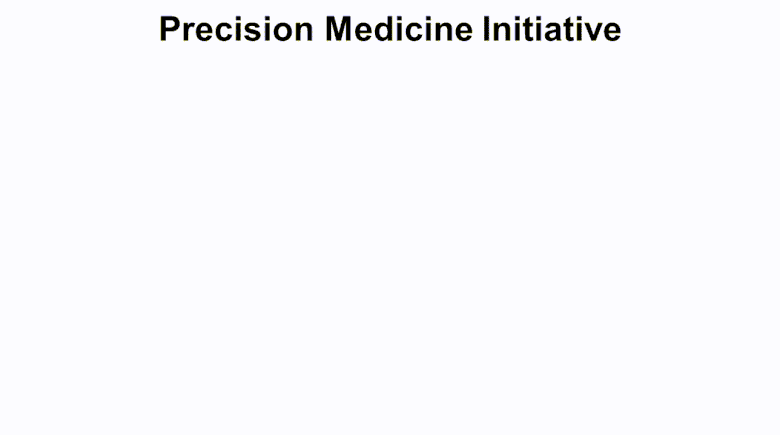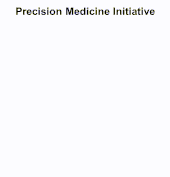
Po-Yen Wu, Chih-Wen Cheng, Chanchala D. Kaddi, Janani Venugopalan, Ryan Hoffman, and May D. Wang, Georgia Institute of Technology and Emory University
This article reviews big data analytics that are essential for precision medicine. The advancement of high-throughput -omic assays and computerized health records have resulted in rapid accumulation of -omic and electronic health record (EHR) data. Though challenging, abundant information is embedded in these data that provide better evidence for care decision making. Thus, the characteristics, associated challenges, and corresponding data analytics are reviewed for these two types of biomedical big data. In addition, two case studies such as incorporating genomics into EHR, and integrating -omics data for precise cancer understanding are provided to show how models constructed from EHR data, and biomarkers identified from -omic data can catalyze the precision medicine. Though big data analytics has addressed many challenges in -omic and her data, it is still in its infancy. Therefore, to speed up big data research for precision medicine, more biomedical data scientists and engineers are needed to obtain necessary biomedical knowledge, to investigate large datasets generated from multiple biomedical big data initiatives, and to put concerted effort in data analytics research such as data quality control, multi-modality data integration, individual-based causal inference beyond population-based correlation study, time series day and streaming waveform data analysis for real-time decision support. By delivering the most suitable and effective treatment to each patient based on their precise subtyping information, the healthcare system can achieve better care efficiency and quality, and deliver better health outcome.
Bio-Medical Informatics and Bio-Imaging Laboratory (https://miblab.bme.gatech.edu/)
Keywords: Precision medicine, big data analytics, -omic data, electronic health records, bioinformatics, health informatics

